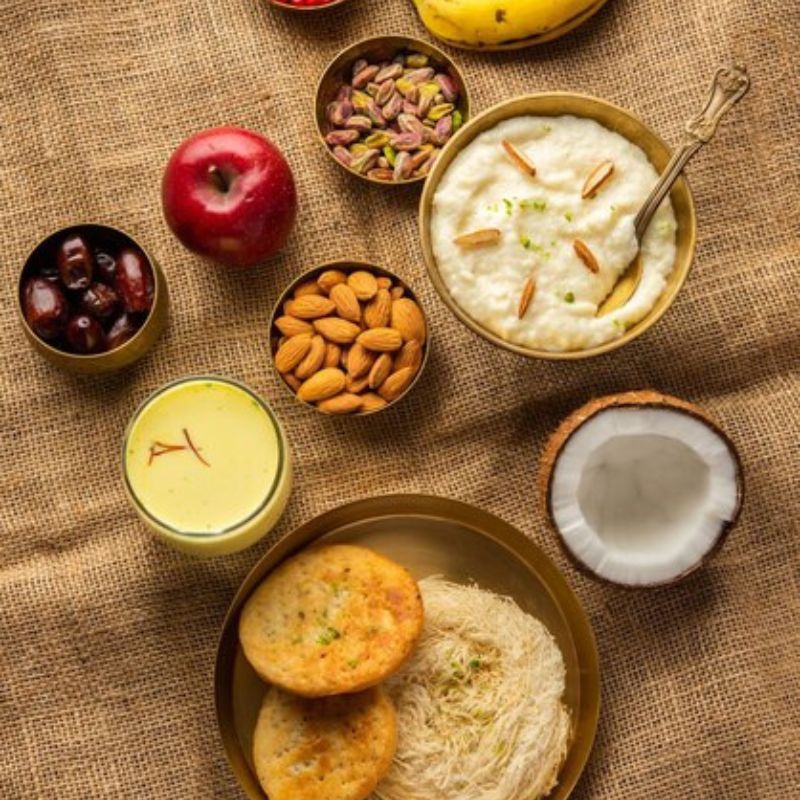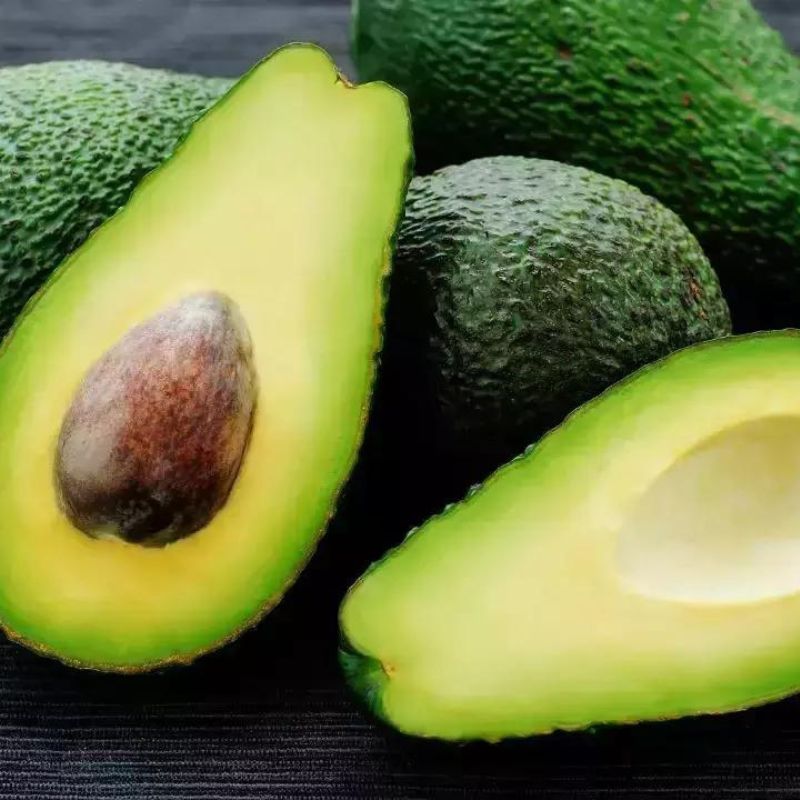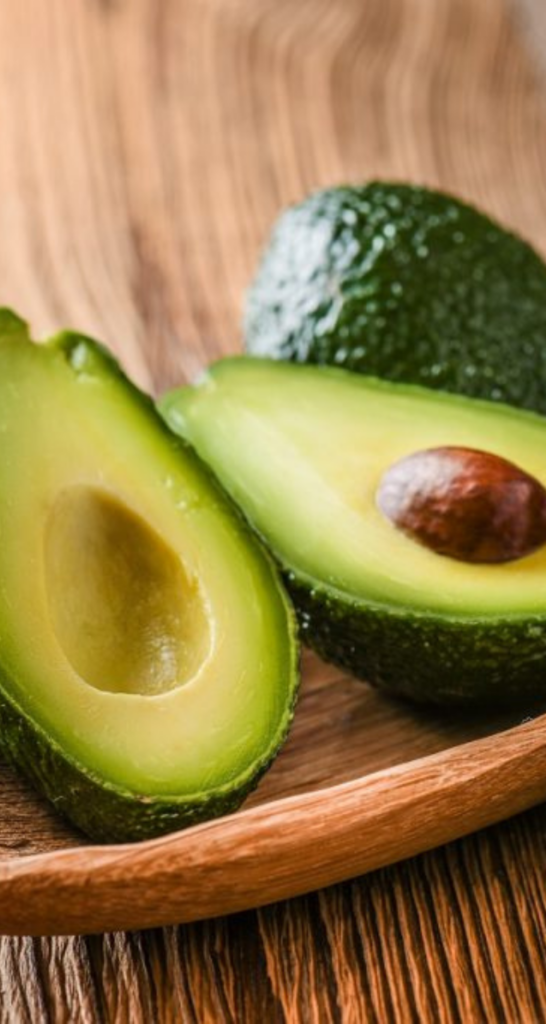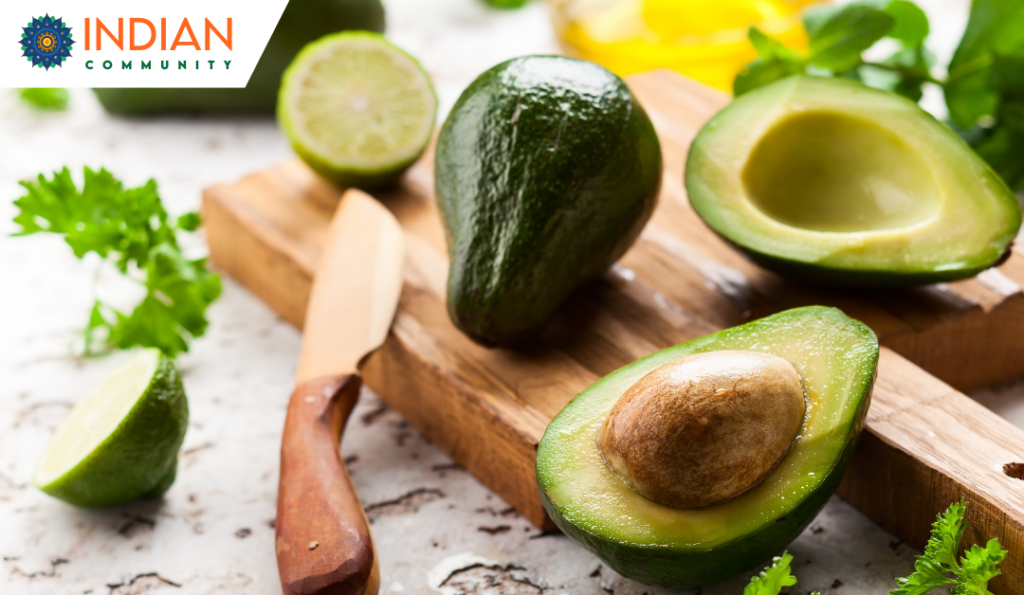Navratri is a revered festival in Hinduism, celebrated over nine nights with fasting, prayers, and devotion to Goddess Durga. During this period, many devotees observe fasts that may vary in their strictness and dietary restrictions. A common question among those observing the fast is whether it is permissible to eat avocados, a fruit that is not traditionally associated with fasting foods. This blog will delve into the dietary considerations for Navratri fasts, focusing specifically on avocados, their suitability during this period, and alternative options.
Understanding Navratri Fasting Rules
Navratri fasting practices can differ widely based on regional traditions, personal devotion, and local customs. Generally, fasting during Navratri can range from complete abstinence from all food and water to a more moderate approach that includes specific types of foods.

Types of Fasts
- Nirjala Vrat (Without Water): This is a strict form of fasting where devotees refrain from consuming any food or water throughout the nine days.
- Phalahar Vrat (Fruit-Based Fast): Devotees consume fruits, fruit juices, and other non-grain-based foods.
- Satvik Vrat: This involves consuming a diet that excludes grains, non-vegetarian foods, and certain spices, focusing on pure and simple foods.

Nutritional Profile of Avocado
Avocado is a nutrient-dense fruit known for its healthy fats, vitamins, and minerals. Here’s a brief look at its nutritional profile:
- Healthy Fats: Rich in monounsaturated fats, which are beneficial for heart health.
- Vitamins and Minerals: High in vitamins K, C, E, and B-complex, and minerals like potassium and magnesium.
- Fiber: Provides dietary fiber, which aids in digestion.
Is Avocado Suitable for Navratri Fasting?
1. Traditional Dietary Restrictions
Traditional Navratri fasting typically excludes certain foods, including grains, legumes, and sometimes even specific fruits. Foods commonly consumed during this time include:
- Fruits: Apples, bananas, pomegranates, and berries.
- Vegetables: Potatoes, sweet potatoes, and pumpkin.
- Dairy Products: Milk, yogurt, and paneer.
- Special Preparations: Sabudana (tapioca pearls), kuttu (buckwheat flour), and sama (barnyard millet).
Since avocado is not traditionally mentioned as a fasting food, its consumption during Navratri might not align with these conventional practices.
2. Modern Dietary Practices
In modern times, many people adapt traditional practices to fit their personal health needs and preferences. Avocado, being a nutritious and versatile fruit, can be included in a modified fasting diet, especially if you follow a more flexible approach.
- Satvik and Phalahar Fasts: If your fasting routine allows for fruits and non-grain-based foods, avocado can be considered a nutritious option. Ensure it aligns with your specific fasting rules.
- Nutritional Benefits: Avocado’s health benefits, including its healthy fats and vitamins, can complement a fasting diet by providing essential nutrients and helping maintain energy levels.
Guidelines for Including Avocado During Navratri Fast
If you decide to include avocado in your Navratri fasting diet, here are some considerations:

1. Check Regional and Family Traditions
Consult with family members or local religious leaders to ensure that including avocado aligns with your specific fasting traditions and practices.
2. Moderation and Balance
- Portion Size: Consume avocado in moderation to balance its richness with other permitted foods.
- Preparation: Avoid combining avocado with ingredients that are not permitted during fasting, such as certain spices or grains.
3. Health and Digestion
Hydration: Ensure you stay hydrated and balance your diet with other fruits and vegetables allowed during the fast.
Monitor Digestion: Avocado is rich in fats, so be mindful of how your body responds, especially if your fasting diet is typically low in fat.
Alternative Options
If avocado does not fit within your fasting practices, consider these alternative foods that are commonly consumed during Navratri:
- Fruit Salads: Made with fruits like apples, bananas, and pomegranates.
- Sabudana Dishes: Such as sabudana khichdi or vada.
- Sweet Potatoes: Boiled or prepared as a chaat.
- Kuttu Flour Preparations: Like kuttu puris or pancakes.
The inclusion of avocado in your Navratri fast depends largely on personal, regional, and traditional preferences. While avocado is a nutritious fruit, it is not traditionally listed among fasting foods for Navratri. If you follow a more flexible fasting approach or if avocado fits within your specific dietary practices, it can be a healthy addition.
Ultimately, the choice to include avocado or any other food during Navratri should be guided by personal comfort, traditional practices, and health considerations. By adhering to these guidelines and staying mindful of your fasting rules, you can enjoy a balanced and spiritually fulfilling Navratri.

